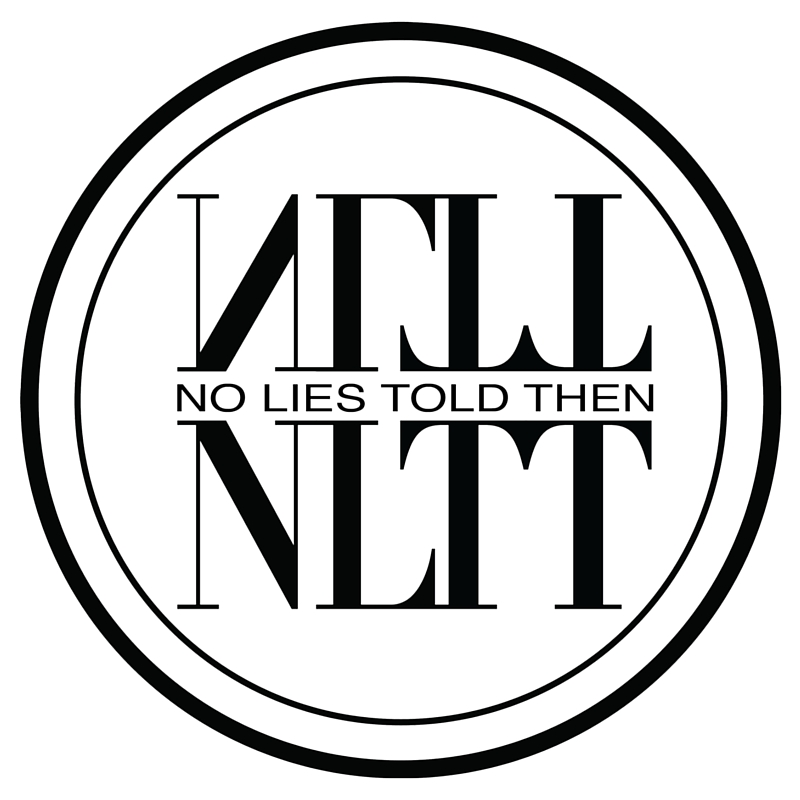I was 7 years old when I was called a “nigger” for the first time. It happened at a Girl Scout meeting where one of the girls I considered to be a friend informed our whole troop that she was having a birthday sleepover party; She passed out invitations to every girl in our troop but skipped over me. I thought it was by error so I said, “You forgot mine!” She looked at me in tears and said, “ You can’t come because my mom said that you are a nigger”. Growing up in my household with a mother who was black and a father who was white I had never heard the term because my parents did not use that language, and taught us that everyone is equal. So I responded, “ok” and went on my way.
My mother picked me up from Girl Scouts that night and asked me how my day went and I told her that we had to go to the store to pick up a gift for my friend because it was her birthday and my mother agreed. She asked me when her party was and I told her that it was a sleepover that I could not attend because I was a nigger. What happened after I told my mom changed my life. My mother got big eyed and asked me to again confirm what I said. I told her again that I could not go to the party because I was a nigger. My mom asked me if I knew what that word meant and I told her “not really”.
At that time my mother informed me that the word nigger was not a compliment, but an insult and that I was never to let anyone call me that again. She explained to me the best way she could what racism was and that it was not acceptable all while trying to maintain my innocence. Sadly, within my mother explaining what the term meant I had to learn that my skin color was a problem and that some people in this country did not think I deserved the right to be considered equal to my white peers. Although, my mother had enrolled me into Girl Scouts to empower me as a little girl, she was forced to removed me to save me from ignorance.
From that moment on I resented everything about being a black woman and I wanted to be as far removed from it as much as I possibly could because in my eyes it was wrong. I knew that my skin was brown but I let society tell me that I was the exception, the token, and a unicorn in the world of black people. My surroundings made it very easy to do so. I was in all honors classes where often times I was 1 of 3 black people in the classroom, all of my friends were white girls, and I was a varsity player on my schools predominately white lacrosse team.
It was not until my junior year of high school when I was 16 years old when my stepfather who is black asked me a simple question. He asked me, “ Don’t you have any black friends?” and I responded, “I have nothing in common with black girls.” He brought me to a mirror and asked me about what I saw. Although at the time I did not admit this, that was the first time I truly saw myself as a black woman. Although I acknowledged at that time that I had a problem, I never addressed it.
A year later, I was in my senior year of high school when I received a letter from the coach of Howard University’s Women’s Lacrosse Team. It turned out that Howard University was home to the only all black D-1 Women’s Lacrosse Team in the nation and they wanted me to come out for a recruitment trip. Originally I only agreed to visit for the free trip to Washington, D.C. and went in with the assumption that I would not have anything in common with any of the girls on the team.
To my surprise I was wrong, majority of the girls on Howard’s Lacrosse team grew up in similar neighborhoods to mine and felt like they were the unicorn black girls in their communities too. It was at this moment that I discovered the lie I had been telling myself since I was 7 years old after that tough lesson from my mother. The lie I had been telling myself is that being black was wrong and that I was better than other black girls.
I chose to attend Howard University in the fall of 2007 and to this day it was the best decision I have made in my life. The moment I walked into my first class I felt true freedom and I have not turned back since.
Sometimes I am truly embarrassed at my past beliefs about myself and other black women. So I have dedicated my life to educating those who are just as ignorant as I was less than 10 years ago. I don’t want any little black girl to ever have to look at herself in the mirror and see herself as the problem and not as a queen that comes from a shared bloodline of other great black women such as Harriet Tubman, Beyoncé’, Maya Angelou, Michelle Obama, Oprah Winfrey and many others that paved that way for us. I am so glad that I found my truth, and discovered how magical and powerful being a black woman truly is.
********









